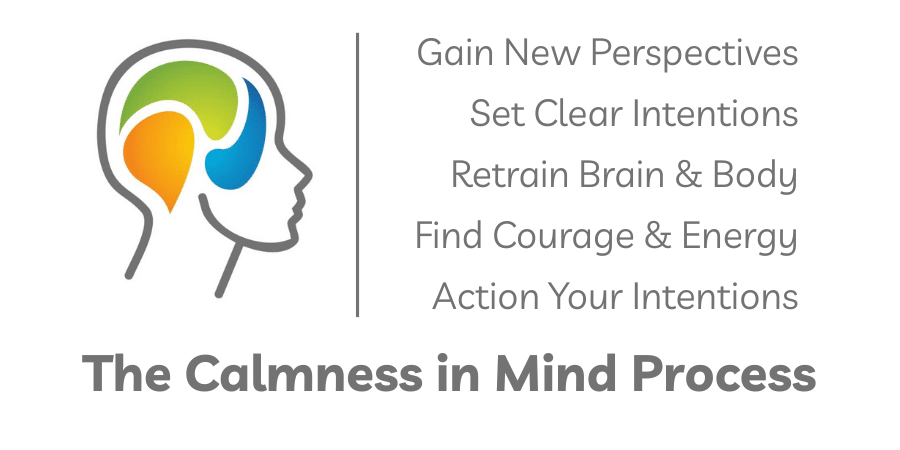Hoarding OCD, or Compulsive Hoarding, is a condition where individuals struggle to discard or part with possessions, regardless of their value. This difficulty often arises from intense emotional attachment, fear of needing the items in the future, or distress over losing them. As a result, individuals may accumulate clutter that disrupts daily life and impacts their well-being. Hoarding is often linked to deeper psychological issues, such as anxiety or trauma from childhood.
My thoughts about hoarding OCD
I think hoarding OCD develops from intense childhood loss, like losing a parent or an intensely loved grandparent, or perhaps having to leave a house or a country in an emergency.
This is an intensely challenging type of OCD to help a person recover from as they think they are helpless, but they possess a strong dominant side to their personality to sabotage all the help you try to give them.
Sadly, they tend to push away all who try to help them, thus reinforcing their fears that people will leave them, and they hide behind memories, sentimentality and living in the past.
Personally, I don’t work with hoarders anymore, not because they can’t be helped, but because it is too much effort to work with a person who fights so intensely for their own imitations; it is sad, exhausting and often pointless.
It is their partner or family that is more worried about them than they are. If this is you (as they won’t be reading this), I suggest you get them out of the house for a day or two and then clear it out and throw everything away, clean the house then, bring them back, and then face the onslaught of anxiety for a day or two then there is a chance for them to adjust and move on.
Don’t put the hoarded stuff in a safe place, as they will nag you forever to bring it back, dispose of it – and end the cycle. This assumes that you are living with that person, and it is affecting your life, and you are at your wit’s end.
If they are a family member living on their own – love them for who they are, this is not necessarily your problem unless you make it your problem.
I know this is blunt advice, but nobody else is prepared to tell the truth.
Key Features of compulsive hoarding
Obsessions:
- Intrusive and distressing thoughts about losing items or the need to keep them “just in case.”
- Fear that discarding items may result in harm or regret later.
- Strong feelings of anxiety or dread when considering decluttering.
Compulsions:
- Hoarding possessions to relieve the distress caused by obsessions.
- Accumulating items in large quantities, even if they have no practical use (e.g., newspapers, trash, old clothes).
- Organizing or saving items to feel a sense of control or security.
Emotional Distress:
- Severe anxiety, guilt, or shame associated with discarding items.
- Intense emotional attachment to objects, viewing them as part of identity or a source of safety.
Impairment in Functioning:
- Clutter interferes with living spaces, making rooms unusable for their intended purpose (e.g., a bed covered with items, a kitchen unusable for cooking).
- Difficulty maintaining relationships or functioning at work due to hoarding behaviour.
Avoidance:
- Avoiding decisions about what to discard or organise due to overwhelming anxiety.
- Avoiding visitors to hide the extent of clutter.
Other names for hoarding OCD
- Compulsive Hoarding
- Pathological Hoarding
- Obsessive Hoarding
- Clutter Syndrome
- Excessive Acquisition Disorder
- Hoarding Behavior (as part of OCD or another condition)
- Saving Disorder
- OCD-Related Hoarding
- Chronic Hoarding
- Object Attachment Disorder

Help for hoarding OCD
Learn that OCD is the symptom and you not being your true self is the cause...
